|
Yearly, on Christmas Day in Washington Crossing, PA, the story of George Washington and his troops crossing the Delaware River to march to Trenton is re-enacted. The Continental Army attacked the Hessian garrison on Christmas in 1776. They overcame freezing rain, snow, ferocious winds, an ice-choked river and a long, cold march to Trenton to win the battle against the Hessians. The victory helped to bolster the sagging morale of the army so that they continued to fight the British and their allies.
One year later, the troops were in Valley Forge from December 1777 to June 1778. When they arrived, the cold and hungry troops built log huts to live in during the months to come. There is a legend that one of the soldiers at the Valley Forge encampment was a Jew who encouraged George Washington. Author Stephen Krensky was so inspired by this story that he wrote a book called Hanukkah at Valley Forge. Interestingly, in the year 1777, the first night of Hanukkah fell on Christmas Eve. The story is told that the lone Jewish soldier waited until the other soldiers were sleeping before he set up his Menorah. He lit the first candle and wept. As he was walking around the huts, George Washington saw the soldier and stopped to ask him why he was crying. The Jewish soldier explained that he was crying out to God for the success of the troops. He had experienced persecution in his hometown in Europe and came to American to escape from it. He assured Washington that he would be victorious in his campaign because God is on the side of the righteous, just as He was with the small band of men led by the Maccabees who overtook the large Greek army. It was God who granted them a miraculous victory because of their faith in Him. This story served as an inspiration for Washington to move forward against the British. Doesn't this sound like the fulfillment of Isaiah 49:6? "I will make you a light for the Gentiles that my salvation may reach to the ends of the earth." The legend continues that the same Jewish soldier was at home in the Bronx in New York a year later. On the first night of Hanukkah, the veteran placed a Menorah in his windowsill with one candle lit. After hearing a knock at the door, he opened it to find George Washington on his front step. Washington said to him, "There is that fabulous light, the Hanukkah light! That flame and your remarkable words kindled a light in my heart on that dark and bitter night. We were in a tight situation then, and your words encouraged me so! They spurred me on with new hope. You will soon be awarded a Medal of Honor from the United States of America for your bravery in Valley Forge, but tonight you will receive a personal memento from me." The General then placed a gold medal on the table. Engraved on it was a Menorah with one candle burning. These words were inscribed on it: "As a sign of thanks for the light of your candle. George Washington." Here we have the Jewish vet reminding Washington of the faithfulness of God. The size of the army coming against these small bands of soldiers was not important. What was and is important is the abilities of our God and His delight in helping us. Scripture talks about quite a few battles where the armies of the Israelites were so much smaller than the armies of their enemies. One example is when the Assyrian army came against King Hezekiah and his people. Here is what he told them: "Be strong and courageous. Do not be afraid or discouraged because of the king of Assyria and the vast army with him. There is greater power with us than with him." (2 Chronicles 32:7) Tonight, Jews all over the world will be lighting the final candle on their Menorah and will remember the faithfulness of God and His miraculous power to help them re-take the temple in Jerusalem. There will always be forces of evil who attempt to defeat and discourage the people of God. But here is the truth from John 1:5. "The light shines in the darkness, and the darkness has not overcome it." Our Lord still fights for us when evil attacks. Be confident in the Lord's faithfulness and His miraculous power on our behalf. God never intended for His people to be too secure in one place. He knows that it is through the journeys of life we will grow in our trust and understanding of Him and closeness to Him. The forefathers of Christianity written about in the Bible were always moving. The first journey we read about is one that was inspired by God. "The Lord had said to Abram, 'Leave your country, your people and your father's household and go to the land I will show you. I will make you into a great nation, and I will bless you; I will make your name great, and you will be a blessing. I will bless those who bless you, and whoever curses you I will curse; and all peoples on earth will be blessed through you.'" (Genesis 12:1-3) Abram was faithful and went to the land of Canaan, as the Lord led. Here, Abram’s life of trusting in God grew.
And God proved Himself trustworthy by miraculously allowing Abram (now called Abraham) to impregnate his wife Sarah in her old age. Sarah bore a son who they named Isaac. When Isaac matured and was ready to start his own family, Abraham sent his senior servant on a journey to find Isaac a wife. Abraham told his servant that God would send His angel before him to help in finding the proper wife. (Genesis 24:7) Isaac's son Jacob also went on a journey to find a wife. He set up a pillar at a place where he rested in the city of Luz and called it Bethel—"The House of God." He promised to serve God and return to Him a tenth of everything that God gave him. (Genesis 28:18-22) Joseph, the favorite of Jacob's 12 sons, took an unexpected journey to Egypt because his jealous brothers sold him into slavery. God was faithful to Joseph, pouring His favor upon him so that he was placed in a position of leadership and influence just under Pharaoh. During a time of great famine, Joseph's brothers came to him to purchase grain. This journey led to the restoration of their relationship with one another and to a new homestead for the family of Jacob (Israel). The family of Abraham, Isaac and Jacob grew, producing fear in the Egyptians, so that they took them as slaves After 400 years of slavery in Egypt, God set into motion a plan whereby Moses would lead his people out of Egypt on a journey to the Promised Land where they established homes but forgot their God who had led them to freedom. God's plan for another journey formed long ago when the sin of Adam and Eve paved the way for all mankind to be separated from God. His chosen people were still sinning when God ordained that the ultimate journey would take place! The Son of God was to leave His heavenly throne to come to earth and live among His people. His life on earth would end with His death on a cross to satisfy the wrath and holiness of Father God. Jesus was the spotless Lamb of God who came to become a sacrifice for our lives so that we could have eternal life with Him. We think of another significant journey that took place as we remember the Christmas story. Wise men from the east—probably Persia or present-day Iraq—may have been reading Daniel's writings that identified the time of the coming of the Christ child. As they studied the stars, they found the Lord's star and took a journey to Bethlehem to worship this King. It is God's desire that we become people who search and move in His direction. Psalm 84 is a great encouragement for us in this regard: "Blessed are those who strength is in You, whose hearts are set on pilgrimage." (Verse 5) We see how those who followed the Lord and journeyed with Him received amazing blessings. I believe that during this season we too should be setting our hearts on pilgrimage so that we come closer to the King that we worship. A sentiment on a Hallmark Christmas card has touched my heart, and I would like to share it with you: Christmas reminds us we're all on a journey...toward meaning, toward hope, toward love and lasting peace. As we journey through this season, I am asking God to give us those things that touch our hearts, renew our spirits, and bring blessings to our world! May our celebration of the birth of Christ take us to new places of revelation of His great love for us! Like last year, this year our celebration of the birth of Christ occurs in the middle of Chanukah. When events on the Jewish calendar converge with events on the Church's calendar, I like to look at the similarities between them. Both these events land in the month of Kislev, the ninth month on the Jewish calendar. Since Kislev is associated with the Hebrew letter SAMEKH, which pictures trust and support, it is time for us to do just that in our relationship with the Lord.
The constellation Sagittarius, the archer, appearing in Kislev, reminds us that this is the month to develop our warfare strategies for the season ahead. We must "fight against empires and cultures,” as Chuck Pierce says in his book, A Time to Advance. And, it is important that we trust God to guide us and give us mercy. Psalm 23:5-6 says, "You prepare a table before me in the presence of my enemies: You anoint my head with oil; my cup runs over. Surely goodness and mercy shall follow me all the days of my life; and I will dwell in the house of the Lord forever." During the time when the Temple was overtaken by the Syrian-Greek army the flame of the candelabra had been extinguished and the altar defiled. There was little hope for the future; times were dark. Likewise, at the time when Christ was to be born the darkness of oppression covered the people. But God had a plan. With His help, warfare strategies were developed to overcome the enemy. A group of Jewish patriots called the Maccabees had hope and developed a battle plan to retake the Temple. They bravely fought and defeated the Greek army to free their people from tyranny and re-establish worship in the Temple. As they set about to cleanse it, they realized there was only enough purified oil for the lampstand to burn for one night. Miraculously, it burned for eight. God arranged for the light to continue burning and followed them with goodness and mercy. God's plan to overcome darkness and bring freedom for the oppressed was to ultimately be done through Christ Jesus. He came to shine His light in the darkness and to defeat Satan and the kingdom of darkness. His battle strategy includes us, His Church. Victory is promised through the blood of the Lamb and the word of our testimony and not loving our lives as much as to shrink from death. (Revelation 12:11) As we look back in history, we see that God has always been faithful to His people. He is trustworthy and sent Jesus as the Lord of Hosts, Light of the World, Prince of Peace and Redeemer to help us develop battle strategies and lead us in triumphant procession (2 Corinthians 2:14) and who "made His light shine in our hearts to give us the light of the knowledge of the glory of God..." (2 Corinthians 4:6) It is time for us to develop our strategies for the New Year and to look to the One who leads us in victory and follows us with goodness mercy. Have you feasted your eyes on all the beautiful Christmas plants in the stores? One particularly interesting one is the Christmas cactus. Its unique form consists of hanging branches made up of flat, green segments. The flowers appear on the tips of the branches and have tiers of petals in a multitude of colors: red, white, pink, purple, yellow or a combination of these colors. Unlike most cactus that grow in dry desert climates, this plant is native to the Brazilian coast where the atmosphere around the plant is humid.
Another interesting feature of the Christmas cactus is that it is an epiphyte or air plant. Like orchids, they grow primarily on branches or trunks of trees. They are called air plants because "they have no firm grip in the earth." The web site "Gardeningknowhow.com" tells us this: "One of the amazing adaptions of epiphytes is their ability to attach to vertical surfaces and capture their water and much of their nutrient needs from sources other than soil." The name epiphyte comes from the Greek word "epi," meaning "upon," and "phyton," meaning "plant." It is common to find aerial roots growing from the branches of the Christmas cactus. These roots serve several purposes in helping the cactus grow in its native Brazil. They help the plant attach to the tree branches. Tree bark and the crotches of branches collect organic debris that is rich in nutrients for the plants' roots. In addition, the entire plant, including the roots, also gathers the moisture it needs from the air. Let's take the information we have on the epiphytes to see how it corresponds to our life in the Spirit. Go back to the fact that these plants have "no firm grip in the earth." Jesus told Pilate, "My kingdom is not of this world...But now my kingdom is from another place." (John 18:36) Like Jesus, our inheritance is in the Kingdom of Heaven. (Matthew 25:34) Hebrews, Chapter 11, describes our fathers of the faith. "They admitted that they were aliens and strangers on earth." (Verse 13) And, Peter writes, "I urge you, as aliens and strangers in the world, to abstain from sinful desires, which wage war against your soul." (1 Peter 2:11) We must not sink our roots into the soil of the world for we belong to the Kingdom of God. Our tenure here is temporary. Like the epiphytes, we must gather our water and nutrients from our source of life--The Spirit of God. "So then, just as you receive Christ Jesus as Lord, continue to live in Him, rooted and built up in Him, strengthened in the faith as you were taught, and overflowing with thankfulness." (Colossians 2:6-7) Living water and the bread of life come from Jesus. He came to earth to demonstrate how to drink and eat from Him and His Kingdom. A song called "Breathe," written by Marie Barnett, comes to my mind. She wrote it to describe the life-giving presence of our Lord: "This is the air I breathe; This is the air I breathe--Your holy presence, living in me. This is my daily bread; This is my daily bread--Your very Word spoken to me. And I'm desperate for You. And I'm lost without You." That is it, dear ones. We must spread out our roots and attach them to the Tree of Life. Like the epiphytes, be fed and watered from the true Source of Life. "In the beginning was the Word, and the Word was with God, and the Word was God. He was with God in the beginning." (John 1:1-2) It was the Word released in the breath of God that created the universe.
To the Jews, God's involvement in the world is the meaning of the "Word." We see in this verse that God planted Jesus on the earth to be His personal presence. It was through the parable of the sower (Matthew 13, Mark 4 and Luke 8) that Jesus explained how the Word ("Good Seed") would produce a large crop when it is planted in good soil. Seed receives life and nourishment from the ground in which it is planted. Likewise, the Word planted in us comes to life, grows and multiples when we give it room. The enemy of our lives wants to sow bad seed into us. Just as seed uses up what is in the soil, so the enemy's "seed" depletes us if we allow it to root. How do we give enemy seed room to grow? This happens if we allow unforgiveness, bitterness, judgments, fear or lust, etc. to dwell in us. Let's think about this in relation to the season that is upon us. The next four weeks are called "Advent"—a time for us to prepare for the celebration of the coming of the Christ child. In fact, one of the Christmas carols we sing reminds us to do this: "Joy to the world, the Lord is come! Let earth receive her King. Let every heart prepare Him room, and heaven and nature sing." We must remember that the birth of Jesus is the season for the coming of the Good Seed—God's Word—being planted into every heart that will receive it. In preparing for the planting of the Word, first we should recognize our need to do so. Earthly passions must be set aside so that we focus on our Savior. The Shunammite woman written about in 2 Kings 4:8-17 demonstrates how to prepare room for a carrier of the Spirit of God. She recognized that God's Spirit lived in the prophet Elisha. Desiring more, she spoke to her husband: "I know this man who often comes our way is a holy man of God. Let's make a small room on the roof and put in it a bed and a table, a chair and a lamp for him. Then he can stay there whenever he comes to us." (Verse 10) See how the woman prepared for every need that Elisha might have by providing a place for him to rest, eat and study? Elisha, of course, stayed with the Shunammite on several occasions and was so touched by her generosity that he wanted to give something back to her. She had few physical needs because she was "well-to-do." However, she had no son. Elisha called to her and said, "About this time next year you will hold a son in your arms." "The next year about that same time she gave birth to a son, just as Elisha had told her." (Verse 16, 17) Elisha demonstrated the heart of the Lord in his gift to the woman. When we prepare for the Word and give place for it, the Lord gives back to us in ways that are "immeasurably more than all we ask or imagine." (Ephesians 3:20) Now is the time to prepare the soil of our hearts to receive the Word, the Living Christ. We cannot allow the distractions of season to interfere with our preparations. We want the Word to be deeply rooted within us. I believe that as we do this the Lord will reward us with treasures from heaven far beyond what we can imagine. |
Joan E. MathiasCategories
All
Archives
July 2024
|
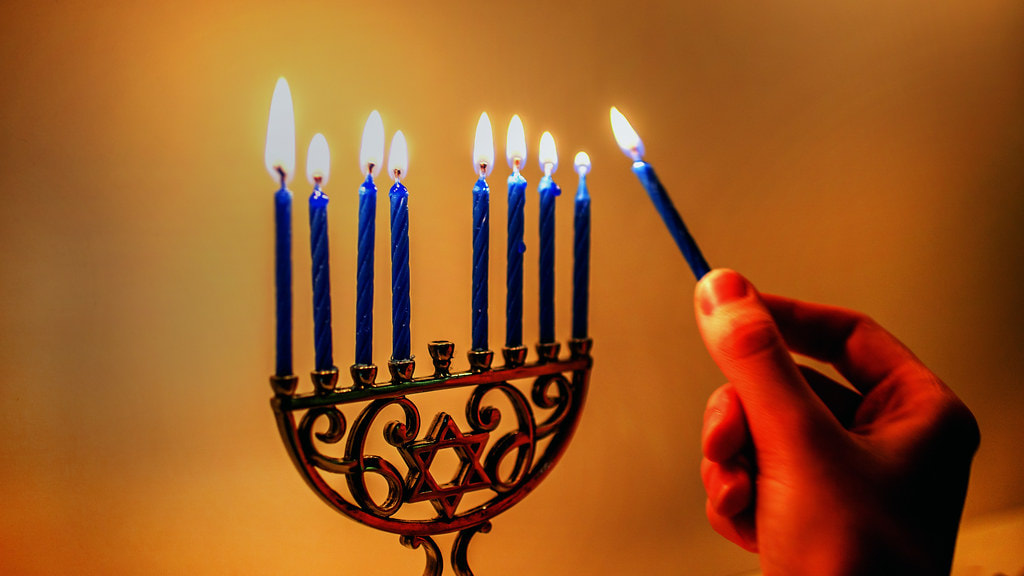
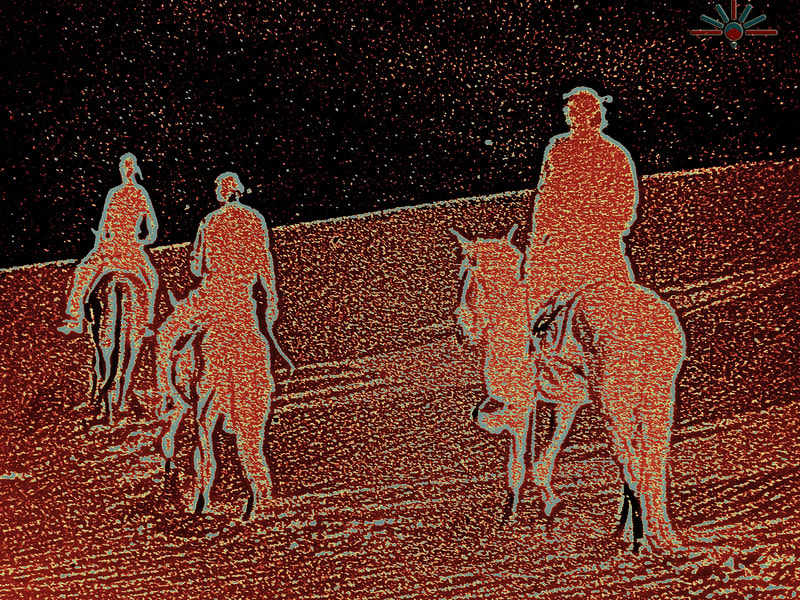
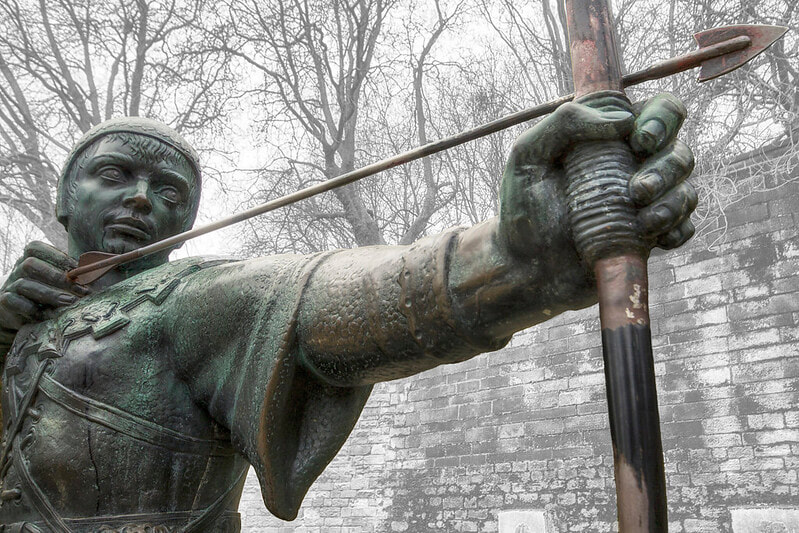
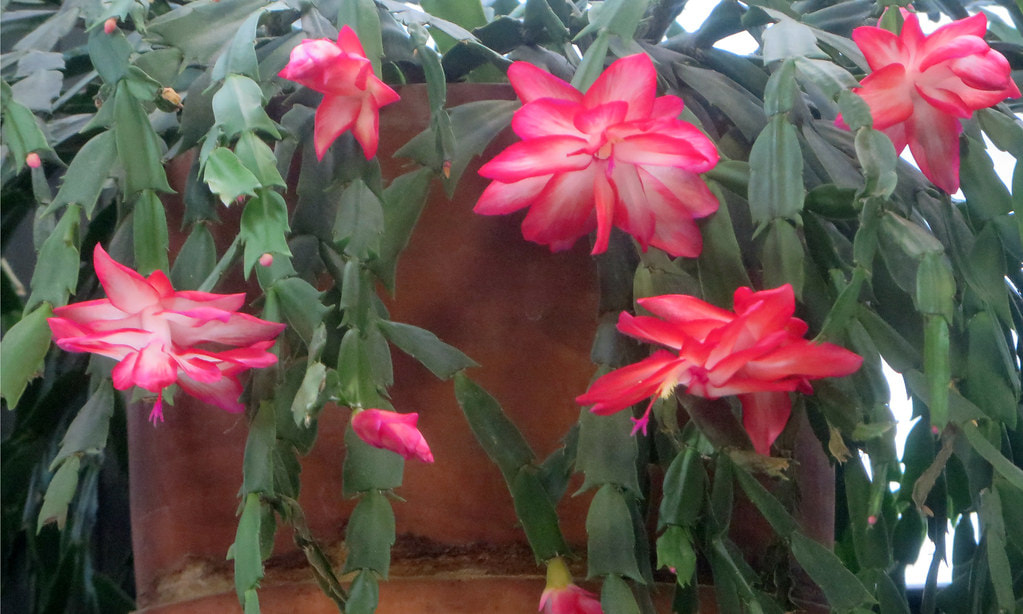
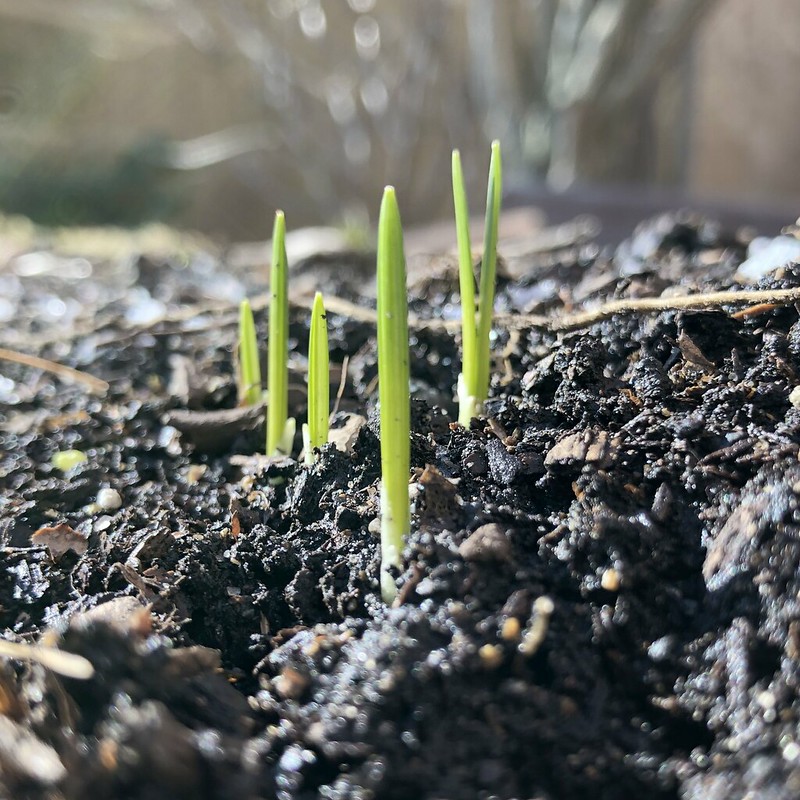
 RSS Feed
RSS Feed